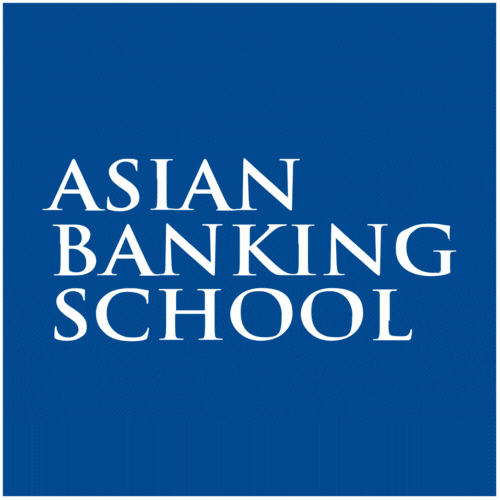Mr Maher Al Kaabi, a visionary leader, and a seasoned banker with over 30 years of experience in the Banking, Digital industry and Family Business. He has extensive expertise in Board Membership, Wholesales & Consumer Banking, Risk Management,
Finance, Operation & Technology, Sales & Distribution and Business Development. Mr Maher also has a deep knowledge in innovation and trends in the generation and utilisation of data sets and of new technologies. Serves on board of several startup companies, a Chairman of Board of Governance of a Star International School and co-founder of Blink. Works extensively with various ministries in future technologies, circular economy, and sustainability of family businesses by training NextGen on Venture Studio Module.
He is on the Advisory Board of UAE Ministry of Climate Change and Environment. Mr Maher is a sought-after keynote speaker who shares his expertise and insights on various topics at events covering various topics (FinTech, Building Digital Economy (AI, metaverse, blockchain, web3, etc.), Banking & Finance, Corporate Governance, and Investments. He is an advisor to the Group Chairman of Al Serkal Group of Companies (165+ year old family) and serves as an Independent Board Member. He advises the Board on developing a more structured governance model and reviewing and refining the structure of the group with the objective of creating a more flexible, robust and efficient organisation that will be better placed to respond to future business opportunities. He also applies his expertise in transitioning businesses digitally. Alserkal Group are the co-founder of several entities such as Etisalat, 1st local bank Emirates NBD, DEWA, SEWA, CBD, Dubai Insurance, Pepsi (DRC). Maher has dedicated 15 years to advancing his career within Citigroup. Following his time at Citigroup, he assumed the role of Chief Risk Officer at Dubai Bank. In this capacity, he successfully established the Enterprise Risk Management (ERM) Framework, which encompassed all facets of risk, including Credit Risk, Market Risk, Operational Risk, and Fraud Risk. Later, he joined Emirates National Bank of Dubai as the Group Head of Islamic Banking. In this influential role, he spearheaded the growth and development of the Islamic Banking business across ENBD’s local, regional, and international branches. Additionally, he also assumed the dual responsibility of Group Head Chief Operating Officer for Wholesale Banking. Maher has been honored with numerous Global Awards and is currently pursuing his doctorate in the field of AI in sustainability.

